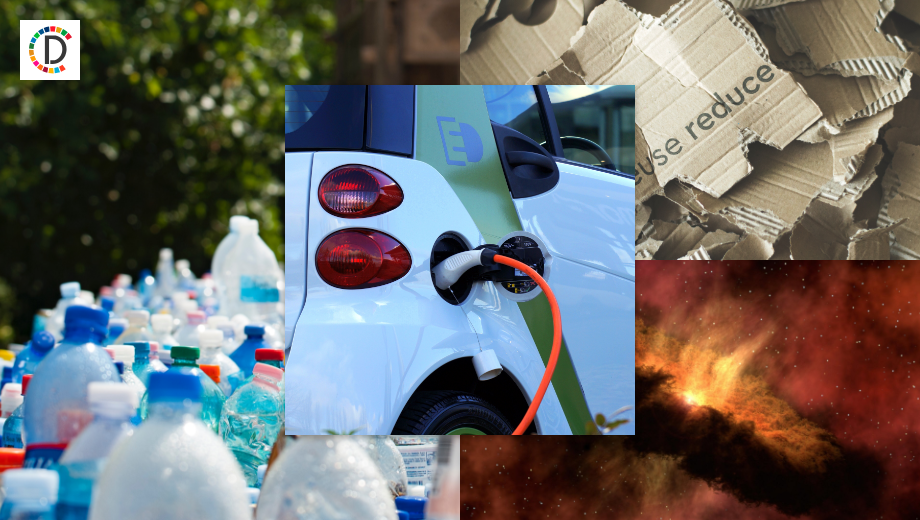Non-proliferation experts urge US to not support nuclear fuel project
The project would violate a policy signed by Biden in March, 2023 that says civil nuclear research and development should focus on approaches that "avoid producing and accumulating weapons-usable nuclear material," the experts said in a letter to the president. "If such a facility were constructed in the United States, it would legitimize the building of reprocessing plants in other countries, thereby increasing risks of proliferation and nuclear terrorism," they said.

Nuclear proliferation experts who served under four U.S. presidents told President Joe Biden and his administration on Thursday that a pilot project to recycle spent nuclear fuel would violate U.S. nuclear security policy.
SHINE Technologies and Orano signed a memorandum of understanding in February to develop a U.S. plant to recycle, or reprocess, nuclear waste. It would have a capacity of 100 tonnes a year beginning in the early 2030s. The project would violate a policy signed by Biden in March, 2023 that says civil nuclear research and development should focus on approaches that "avoid producing and accumulating weapons-usable nuclear material," the experts said in a letter to the president.
"If such a facility were constructed in the United States, it would legitimize the building of reprocessing plants in other countries, thereby increasing risks of proliferation and nuclear terrorism," they said. Many non-proliferation advocates oppose reprocessing, saying its supply chain could be a target for militants seeking to seize materials for use in a crude nuclear bomb.
France and other countries have reprocessed nuclear waste by breaking it down into uranium and plutonium and reusing it to make new reactor fuel. A U.S. supply chain would likely be far longer than in those countries, non-proliferation experts say. Former President Gerald Ford halted reprocessing in 1976, citing proliferation concerns. Former President Ronald Reagan lifted a moratorium in 1981, but high costs have prevented plants from opening.
The White House's national security council and the National Nuclear Security Administration did not immediately respond to requests for comment. A SHINE spokesperson said its technology improves global safety and that "responsible recycling of spent fuel is the only known way to actually eliminate plutonium that has already been generated in fission reactors."
An Orano USA spokesperson said: "It's a blending of our expertise to develop a process that is sensitive and addresses non-proliferation concerns, but also gleans this viable commercial material." The letter was signed by 11 former U.S. officials including Thomas Countryman, who served under President Barack Obama, Robert Einhorn, who served under President Bill Clinton, Robert Galluci, who served under President George H.W. Bush, and Jessica Matthews, who served under former President Jimmy Carter.
The Biden administration believes nuclear energy to be critical in the fight against climate change. But the waste is kept in storage in pools and then thick casks at nuclear plants across the country as there is no permanent place to put it. The Advanced Research Projects Agency-Energy, or ARPA-E, said in 2022, it is funding a dozen projects to reprocess the waste, with $38 million.
(This story has not been edited by Devdiscourse staff and is auto-generated from a syndicated feed.)
- READ MORE ON:
- Biden
- Barack Obama
- Jessica Matthews
- Joe Biden
- The White House's
- national security council
- SHINE
- George H.W. Bush
- France
- gleans
- Thomas Countryman
- Robert Galluci
- Gerald Ford
- Bill Clinton
- The Advanced Research Projects Agency-Energy
- U.S.
- Ronald Reagan
- Jimmy Carter
- Robert Einhorn
- SHINE Technologies and Orano
ALSO READ
U.S. news organizations urge Biden, Trump to commit to debates
Philippine president: trilateral agreement with U.S., Japan not directed at anyone
Allies seeking new ways to enforce North Korea sanctions, U.S. envoy to UN says
Philippines' Marcos has no plans to grant U.S. access to more bases
U.S. and allies seek new ways to enforce North Korea sanctions










